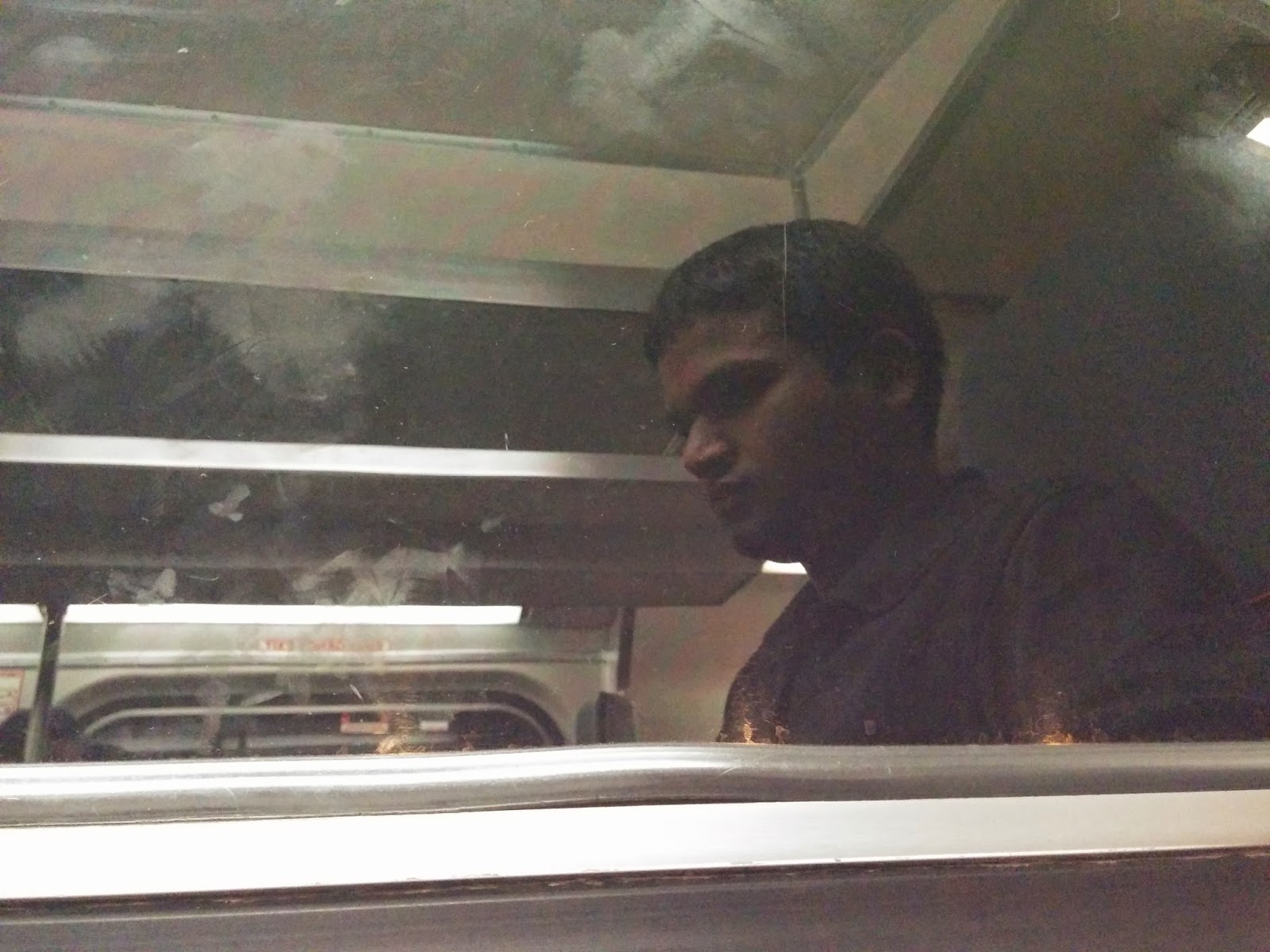It was 2004 general elections, that aroused a sense of political participation in me. Our family has traditionally been strong supporters of Congress, even when the whole region around us was hotbed of communist ideas, during Telangana struggle. The reason was one of the temples of modern India, as Nehru called them. Irrigation water from Nagarjuna Sagar had transformed our region from a semi-arid thorny jungle into a two-crop yielding rice growing area. Often I hear from people referring to the time before the water came and the time after the water came.
So, in 2004, after two drought years without irrigation water, and an apparent neglect of farmer community by CEO chief minister, everybody waited for Congress to win, and I was their messenger translating Hindi news results from DD1 (we didn't have satellite cable tv then).
I have seen the hopes and disappointments of democratic governments since then. I witnessed YSR signing free electricity to farmers bill on the day of swearing in, in front of a jubilant farmers crowd (Free electricity scheme was drastically narrowed down in 2 years, but farmers still love him and cry for him). I witnessed congress passing right to information act, a revolution of its own. But after all the high and low points of congress governments and the neighboring BJP governments, there is only one thing that stuck me, that quintessential Indian thing, that better days are just an illusion. All we see is some change, sometimes good, sometimes bad. The whole thing looks like a cycle of events, like cycle of rebirth without any Nirvana.
Despite this disillusionment, I should say there is something incomprehensible about the recent election results. First thing, I never thought the whole of India would agree on one person such strongly. I never imagined even in my dreams, that India would get rid of coalition governments, at least in the next 20-30 years. I have my fears about cultural propaganda, that is going to come, but it still is a change, and an opportunity to experiment.
Unlike what most people fear, I don't think there is going to be any communalisation of government machinery. There may be incidents here and there but sectarian strife was never welcomed by Indian people in the long term. More importantly, Congress despite its failures had built a strong case for secular India into the minds of Indians, through text books, laws and constitution. Even if the political executive in power tries to impart a color of religious discrimination to government, it will face a hard time in front of a band of secular intelligentsia spread over media, judiciary and civil society.

